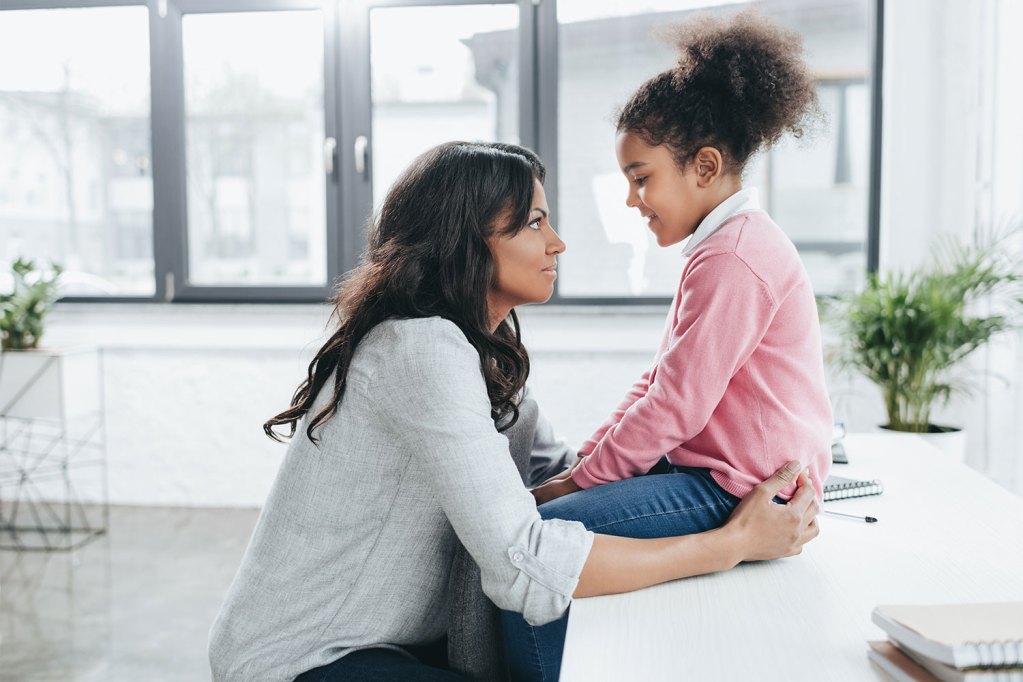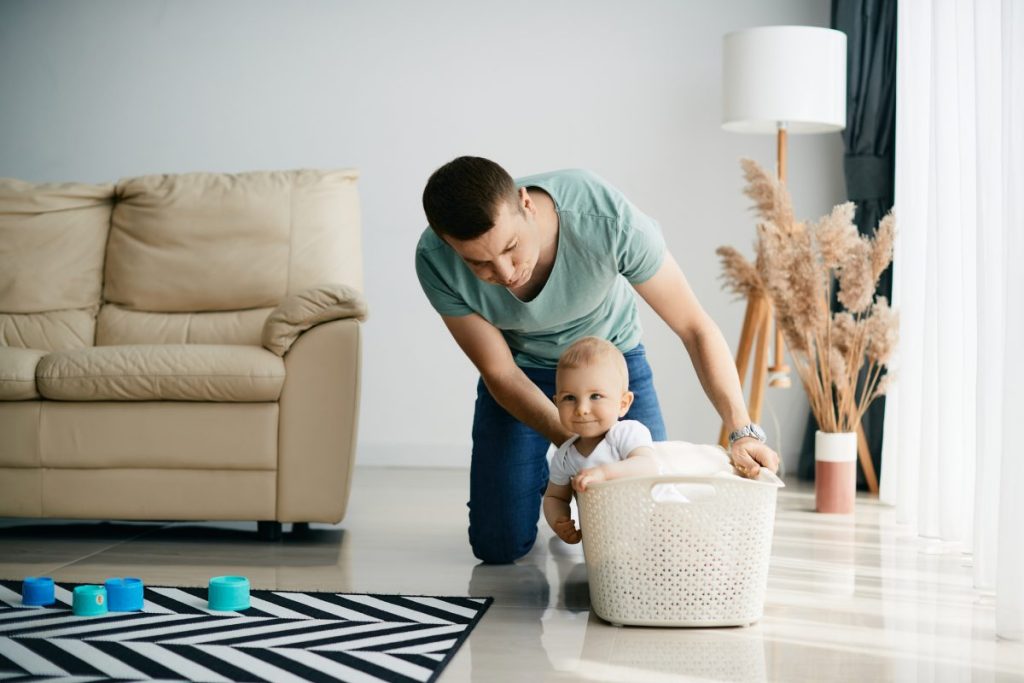
Being a parent is hard these days, especially with these terms and conditions. With social media, having to pick a parenting style, and the pressure to be the “perfect parent” always on your shoulders, things get really tiring, really fast. And that’s if you have the most supportive partner helping you. Throw in having to co-parent with another person in another house, and things could get messy.
To help keep your sanity and your household in one piece — as much as possible, anyway — there are main dos and don’ts to live by while you’re going through the co-parenting stage of life.

What to make sure you do as a co-parent
While we can’t list everything you should do as a co-parent to make things go smoothly for the kiddos, we will point out highlights.
Treat the other parent like a colleague
Would you scream at your co-worker at work? Hopefully not. Would you not do your share of the work on purpose to make a colleague have to do it all? We didn’t think so. Use the same rules of respect you would at work with a fellow employee regarding the other parent.
Communicate until your teeth hurt
Like most things in life, communication is key. Without open and honest communication, you can’t be successful at co-parenting. Being able to talk like an adult with the other parent is crucial.
Document everything
You should grab one of those cheap desk calendars for this one. Write everything down on it. If you and your co-parent are on amicable terms, write out the calendar for the month ahead as soon as possible. If you aren’t, write down everything from texts and emails about agreed-upon time, calls, appointments for the kids, and anything else to do with the children. Hopefully, you won’t need it, but if there is a dispute that goes to court, you will have everything in order on the date it happened. But it’s always best to stay organized when you have kids, anyway.
Be the best parent you can be
No matter how much time you spend with your children, be present. Be the safe parent. Be the stable parent. Be the emotionally supportive parent. Be the best version of you any time the children are in your care. To make things easier on the kids, do your best to make sure every stress and worry while they are with you is left at the door. Love those children with all you have every second they are with you.

What to not do as a co-parent
While it always seems the list of don’ts is miles longer than the do’s, there are absolute do-not-do things when it comes to co-parenting.
Don’t talk smack in front of the kids
Don’t talk bad about the other parent to or in front of the kiddos. Instead, to get those emotions out, have a safe friend to go to, find a trusted therapist, or scream every thought into a pillow when the children are out of the house. Do whatever you need to do, just not in front of the children.
Don’t fight with the kids present
All couples fight, so to think co-parents aren’t going to fight is insane. The important thing to keep in mind is to never do it in front of the children. Pick a neutral ground and hash things out away from those little ears.
Don’t think the other parent will be the same as you
This goes for house rules, expectations, respect, values, or anything else happening outside your time. You can only control what goes on in your home during your time. You will have to let it go and get over the fact you will never have a say in the other home.
Don’t put the kids in the middle
Whatever argument, disagreement, or issue is going on between the adults, don’t let the children get caught in the middle. It is never the child’s fault. Don’t ask the child to pick sides, don’t ask the child what the other parent said, and don’t tell the other child to relay any message to the other parent. The children are not the go-between — ever. If the other parent tries to do this, let your kid know it is not their responsibility and then have a conversation with the other parent about them not doing that to the children.
Whether things ended amicably or not, whether the other parent is agreeable or not, you owe it to yourself and the children to try your hardest to be the best co-parent possible. You will be able to sleep at night. You will look back and not have doubts or regrets about how you raised your children when they were with you. You will feel better at the end of the day if you know you did the right thing for those precious little humans. And that is all that matters.
Editors' Recommendations
- How to play hopscotch (plus 5 great variations)
- How to give your child an oatmeal bath – you’ll be surprised what this homemade method can do
- Cell phone addiction and young kids: Your child is likely at risk
- 10 perfect toddler breakfast ideas that are fun for little ones to eat and easy for parents to make
- How old do you have to be to wear makeup? What every parent needs to know about this rite of passage




